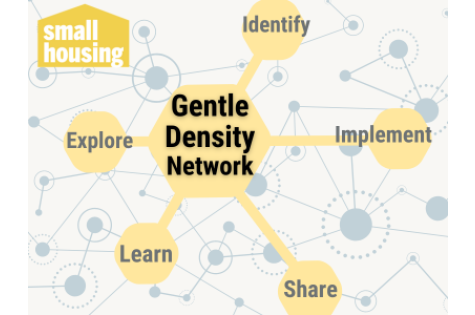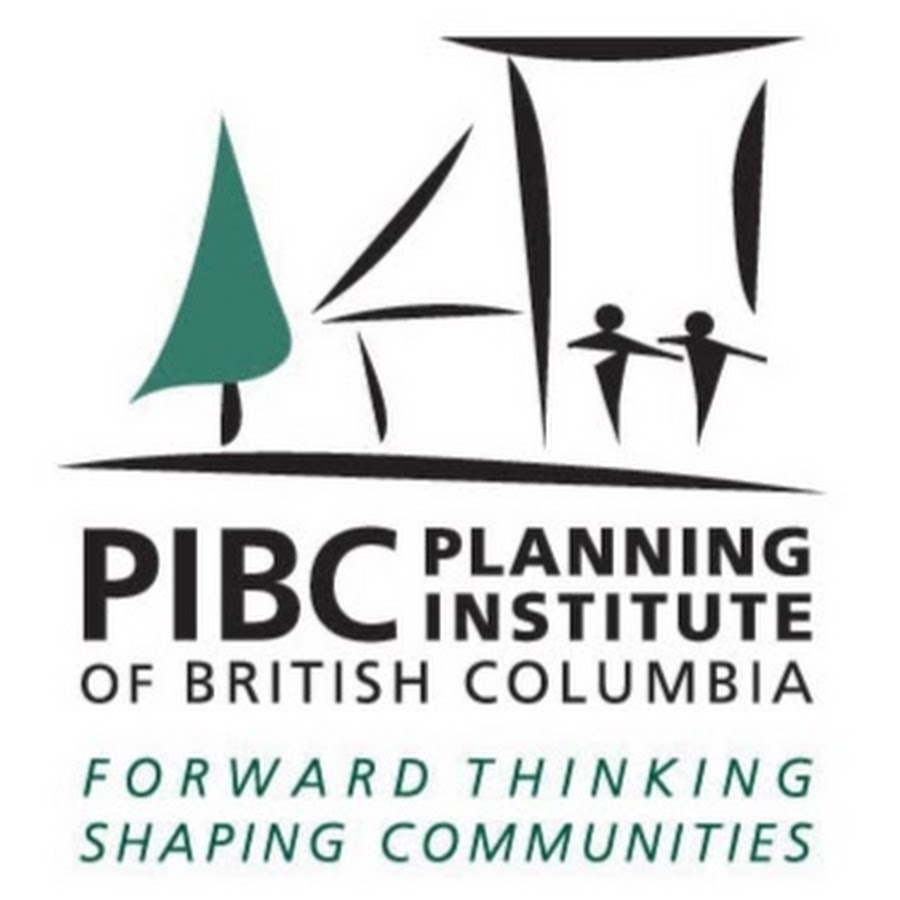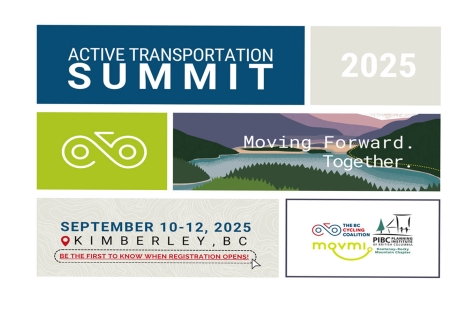In other countries, their codes and planning processes allow fine-grained urbanism and a broad diversity of housing types and typologies at the block scale. The way we build and plan in the US and Canada is radically different from other countries, and the outcomes of this are much poorer than peer countries elsewhere. This differentiation is found from the scale of the home, to the building, to the neighbourhood.
It starts from anomalous building codes that result in massive multi-unit buildings, made up of long, narrow units where cross ventilation is not possible. These codes prevent the types of multifamily housing found in most of the world, and extends to how we plan neighbourhoods. This presentation will explore how building code reform such as single-stair egress can unlock new missing middle and midrise housing typologies that constitute the bulk of urban housing the world over. We’ll explore how these code modifications can allow for more diversity of housing sizes and types, with higher quality homes incorporating daylight on multiple sides and the ability to cross ventilate.
In this presentation, we will explore how to create homes and neighbourhoods where climate adaptation, public health, and a high quality of life are prioritized - so that planners, architects, politicians, and activists can advocate for the changes necessary to make places where we can thrive in a world that is increasingly in flux.
Click here to register: https://us06web.zoom.us/meeting/register/tZElc-iprT4oHt2at7adlNlBe1v8yB7KVgYl#/registration
Michael Eliason is a licensed architect and founder of Seattle-based Larch Lab – part architecture and urbanism studio, part 'think and do' tank - focusing on research and policy; decarbonized low-energy buildings; and climate adaptive urbanism. Michael is also an award-winning architect specializing in mass timber, social housing, Baugruppen (urban cohousing), and Passivhaus buildings. His career has been dedicated to advancing innovation and broadening the discourse on sustainable development, non-market housing, and decarbonized construction. He has helped usher several legislative efforts on Point Access Blocks across the US, and is a founding board member of Seattle’s Passivhaus Social Housing Developer.
Michael is a graduate of Virginia Tech, and became a Certified Passive House Designer in 2010. His professional experience includes work in both the US and Germany. Michael is also an author with his forthcoming book for Island Press, Building for People: Designing Livable, Climate-Friendly, Affordable Neighborhoods, set for publication in December 2024.







